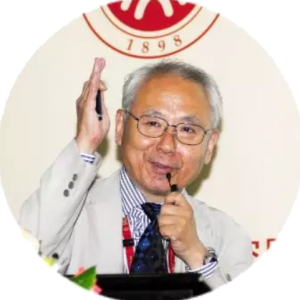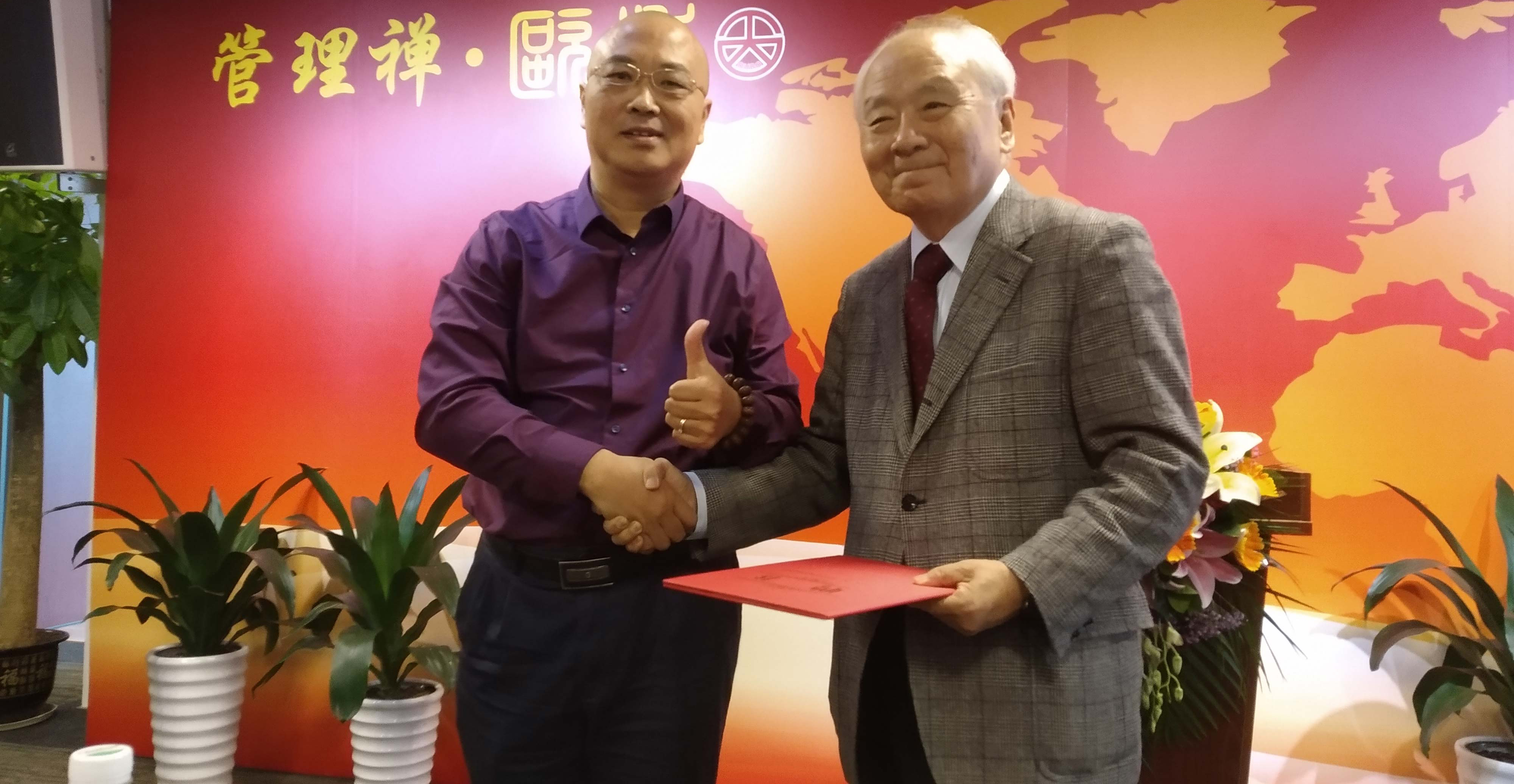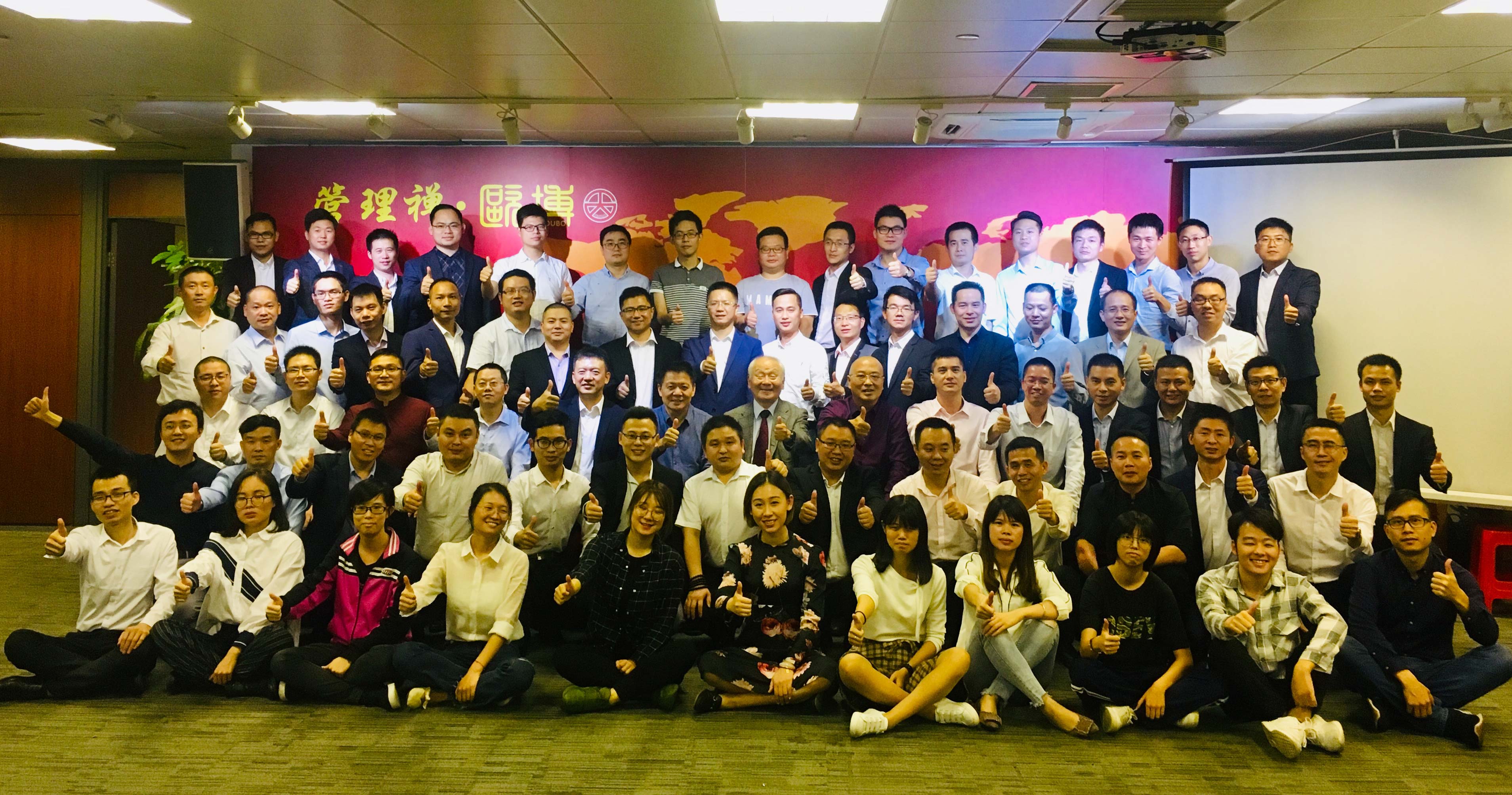
Professor Makoto Kawada
Dr. Kawada is leading a major research project team in ESD21, or Economical, Sustainable Development 21 century. The mission of his team is to help especially SMEs in Japan and overseas successfully introduce “JIT management” based on the smarter triangle relationship between Gemba , Headquarters and IoT.
Professor Kawada Ph. D. in Economics with his long and practical experience in the industry, and profound knowledge in economy and accounting, invented a unique system to integrate LEAN-TPS with LEAN ACCOUNTING MANAGEMENT.
Here is a brief report from one of our companies that pursued the system only for the past year;
Tangible Results:
a) Profit Potential (PP) improved by 20%. R&D Department was able to introduce new products and find substitutes for raw materials at inexpensive prices.
b) Gained new markets to sell more, and reduce overhead costs.
c) Supply Chain Cash Conversion Cycle (SCCC) days, reduced by 15%. Receivable and Payable Accounts’ days reduced, also the amount of Inventory reduced by 30% through Lean Activities. Succeeded to shift some outsourced parts to insourcing, causing a better Supply Chain Management.
d) Net Conversion Time Ratio (NCTR) / Productivity improved by 250% at the bottleneck
processes through changing the process layout, and with faster flow-oriented thinking at the Gemba.
e) Cash Flow (C/F), (incremental Cash-in – incremental Cash-Out) balance, improved by 42% through Lean Activities, initiated by Information Sharing System among staffs of different departments.
f) Balance Sheet Quality (BSQ) which measures the sustainability of business is getting better steadily through Lean-TPS activities.
All of the above are indicating their effects, day-by-day in Company Financial Records.
Intangible Results:
a) Management Team are becoming more out-of-the-box-thinkers and dig deeper into the external and internal factors of processes, more of a cross-functional team player rather than previous Silo Managers.
Outline of JIT Management
Many people know the term of JIT (Just in Time). But they , including Japanese managers, tend to misunderstand the implication. Dr. Kawada explains JIT management is the way to realize the shifting of mindset of a company as a whole from the “operation- focused” to the “lead-time focused” in a shortest possible period.
As is known, Toyota is making high profit at present, however profit is not the “purpose” of Toyota, but is only the “result” of creating flow based on “respect-for-humanity” vision. “Just-In-Time production” of Toyota emphasizes to produce only what is needed, when it is needed, and only by the quantity required from customer, the result of which is the ever shorter lead time that increases cash flows and enables quick responses to the changing environment in the global economy.
But, these three suppositions for “lean” seem to be difficult to accept for those who regards ” full operation of resources as the most important in “make-to-stock, mass production”. But, JIT regards “the faster flow of material” is the most important for “make-to order, limited production”. Therefore, “full operation at the non-bottle neck” process is the biggest Muda, or wastes of money for Toyota. In order to encourage the factory to shift quickly to such “creating-Flow” thinking, Dr. Kawada recommends to reorganize the financial KPI at headquarters, which is technically easy if only CEO & CFO and/or headquarters’ accountants could be free form the conventional “short-term profit-alone” mindset, and give equal importance to the “Quality of the Balance Sheets” or SCCC( Supply Change Cash Conversion Cycle) and other “creating-flow” related financial KPIs.
Dr. Kawada is leading a major research project team in ESD21, or Economical, Sustainable Development 21 centuries. The mission of his team is to help especially SMEs in Japan and overseas successfully introduce “JIT management” based on the smarter triangle relationship between Bemba , Headquarters and IoT.
Invited as a keynote speaker with R.S. Kaplan, H.T Johnson, E. Goldratt for International Conference “Global Solution to Global Problems”held at Bermuda.

Cross-Pacific research of ABC (Activity Based Costing), BSC (Balanced Score Card) and TPS (Toyota Production System) started.
1988 Invited to Detroit by the Seminar of E. Goldratt who developed OPT (later TOC: Theory of Constraints) . Cooperation on how to spread throughput-focused Production System started.


